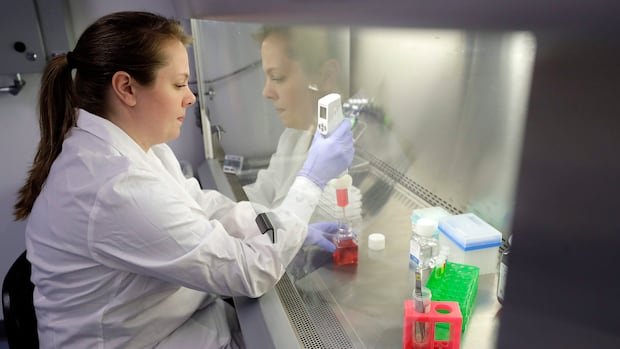Scientists are now investigating the potential of using tiny proxy organs, known as organoids, to predict the effectiveness of cancer treatments. These organoids are created in the lab from a patient’s cells and can mimic the behavior of actual organs.
A more advanced technique involves growing these organoids on a 3D structure that simulates blood flow, creating realistic lung tissue and beating heart cells. This method, known as an organ chip, is believed to better replicate the complexity of cancer growth and human functions, providing more accurate predictions of drug efficacy.
Researchers at McGill University and Harvard University have successfully developed personalized organ chips for patients with esophageal adenocarcinoma, a type of cancer with high mortality rates. These chips allow for the testing of different treatments on the patient’s specific tumor and surrounding tissues, aiding in determining the most effective drugs within a few weeks.
The results from these organ chips have shown promising correlations with patients’ responses to chemotherapy, demonstrating the potential for personalized treatment approaches. This innovative technology aims to revolutionize cancer care by providing tailored solutions based on individual patient characteristics.
Organoids and organ chips offer a faster and more precise alternative to traditional lab tests and animal experiments, bridging the gap between basic research and clinical applications. The move towards using organoids also aligns with efforts to reduce reliance on animal testing in medical research, with initiatives in both the U.S. and Canada aiming to promote the development and use of organoid models.
The field of organoids continues to advance, showing potential for improving drug safety and efficacy in various medical conditions, such as cystic fibrosis and heart diseases. The ability to create personalized organ chips for individual patients marks a significant step towards more targeted and efficient treatment strategies.
As the technology evolves and becomes more accessible, the goal is to scale up research efforts and ensure widespread benefits for patients in need of advanced treatments. While challenges such as cost and scalability remain, ongoing developments in organoid technology hold promise for transforming the future of personalized medicine and reducing the need for animal experimentation in biomedical research.

